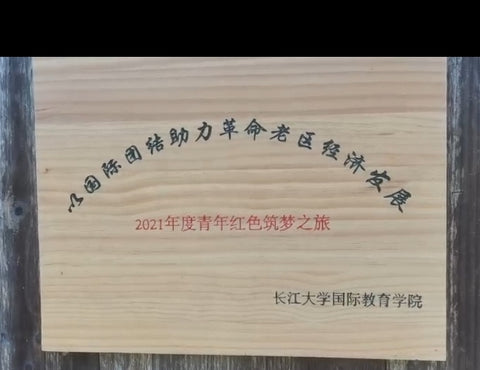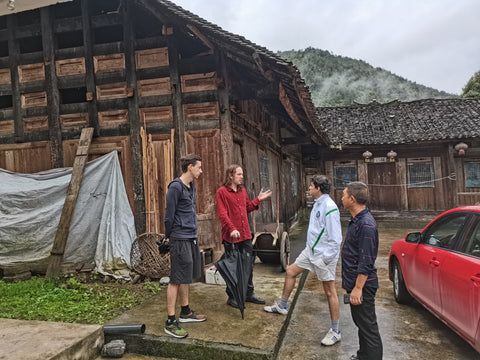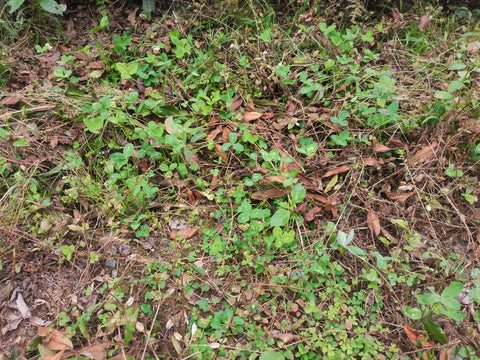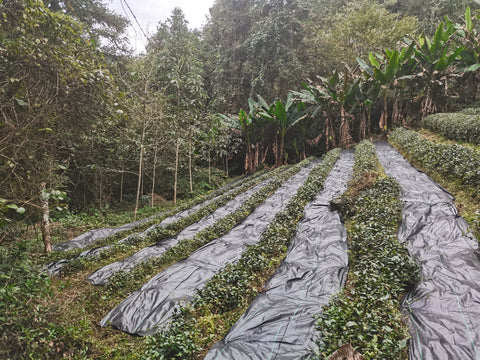October Update to Solidarity Trust Work
For well over 300 years, tea vendors have been a marginal and sometimes parasitic presence in China. So long as tea has been a mass market commodity in Western countries, vendors have used their unique access to information regarding domestic production and consumer preferences to make handsome profits. Few have been keen to share either their profits or their information with the very communities they export tea from.
As we have grown into a sustainable small business, we have made it a paramount goal to avoid the established pattern of uneven development. We want to maximize the profits and information we share on the Asian-end of our operation. This is the aim of the solidarity trusts and all the efforts we discuss below.
Hefeng & Enshi
As part of our "International Economic Development in a Historic Revolutionary Area" project we have received grant money from Yangtze University to build up the Loushuiyuan Cooperative's position in the domestic market through a variety of little initiatives. Firstly, we arranged a small tour group in September 2021 to visit the cooperative and the restored Tujia-minority style wooden house we've been working on since March.

Official Project Plaque

Tourists in Yanping Village
All proceeds from the trip went to the cooperative and participating village households. Following the trip, we collaborated with a Chinese bilibili content creator, Laomao, to promote the cooperative in a raffle and a series of online videos. Thanks to this work, they are now selling tea directly online in China to customers over Wechat and a Taobao store, the latter of which we helped them to re-register and design.
On the small plot of land we have rented from a co-op member who has left the village, we are also working to implement new organic practices that can serve as an example (or at least an experiment) to other cooperative members who may not yet be convinced that there are effective weed management methods other than pesticide application. Below are images of the clover ground cover we spread in July and the tarps we set down in October.


Back to the topic of information, we are also working to consolidate our earlier Enshi Yulu Survey and an ongoing International Tea Consumer Survey into a single accessible report for Enshi's Selenium Tea Academyand local producers so that they may gain a more realistic sense of the foreign tea market.
Please click into the survey above and help us fill it out if you have not already.
Laos
Our own cold hard cash has also been shared. We shared profits directly for the first time ever with the Keosuyaping Family. This sum amounted to 50% of the money we have earned from selling their teas, subtracting the initial cost we paid upfront. Although not sustainable if applied to all of our producers, such a profit sharing scheme could be an enduring mechanism of community investment for some especially disadvantaged producers. We are also working with a team in Phongsaly to produce a promotional video that hopefully will attract Chinese volunteers to assist us in teaching Mandarin and tea processing skills to the Laotian communities we work with.

Screenshot of Promotional Video